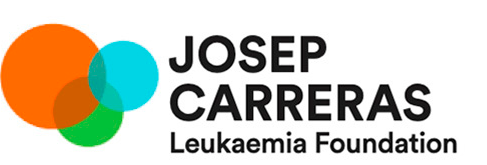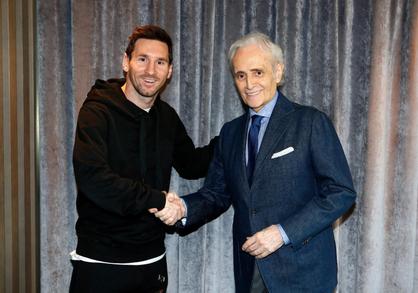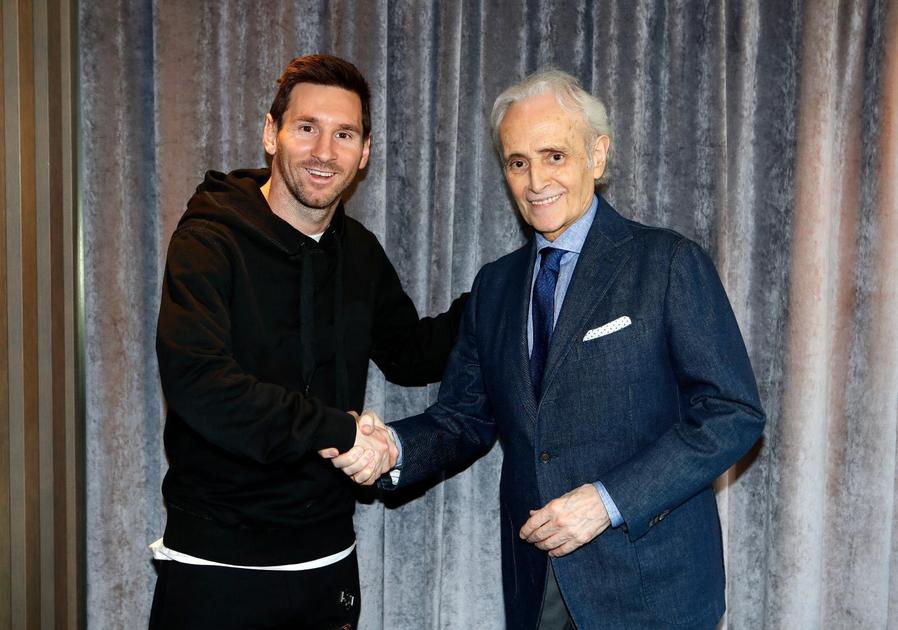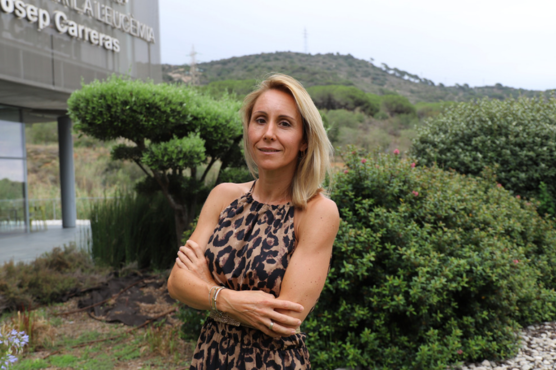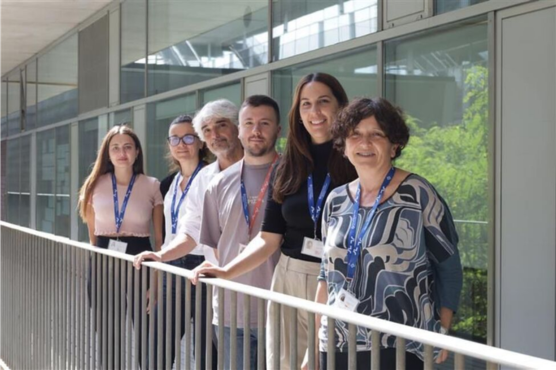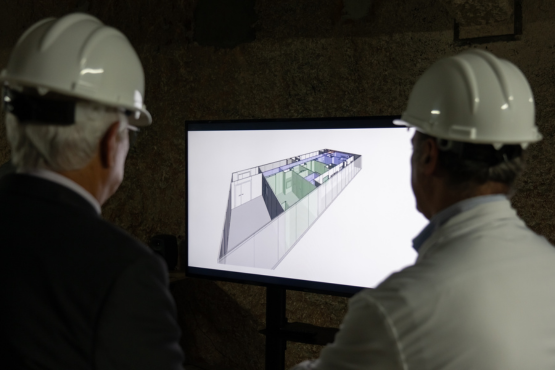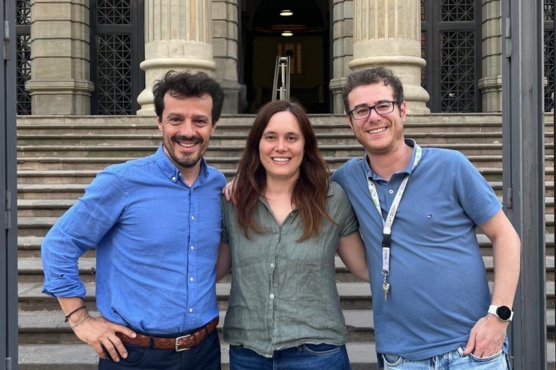► The Josep Carreras Foundation and the Leo Messi Foundation sign a collaboration agreement to promote research into childhood leukaemia.
► “No child with leukaemia”is the name of the research project with which this collaboration is being launched. It will study a kind of rare childhood leukaemia that has a very poor prognosis.
The Leo Messi Foundation has joined the Josep Carreras Leukaemia Foundation in support of the “No child with leukaemia” project that is carrying out research into a very rare kind of childhood leukaemia, and which mainly affects children under the age of one year. The disease has a very poor prognosis.
B-cell acute lymphoblastic leukemia is the most frequent childhood cancer, accounting for a third of all childhood cancers. It usually has a favourable prognosis, with an 85% chance of cure. However, there are subtypes of the disease with a very different prognosis, and this is the case with infant t(4;11) (MLL-AF4+) pro B-cell acute lymphoblastic leukemia, which is very rare and occurs mainly in infants under the age of one year. It almost always leads to death. Although the causes of this disease are unknown, this kind of leukaemia tends to develop together with an expansion of the disease to the central nervous system, and that is why the survival rate is so low. In Spain the disease affects six infants every year.
The Josep Carreras Leukaemia Research Institute and University of Barcelona Hospital Clínic Campus team, led by Dr. Pablo Menéndez, is carrying out research into this kind of leukaemia and will be the beneficiary of this support.
Since it was founded, one of the main aims of the Leo Messi Foundation has been to promote scientific research into diseases that are prevalent during infancy and improve the available treatments for them.
The Barcelona F.C. striker’s Foundation is to fund Dr. Menéndez’s project for a period of two years.
The laboratory, led by Dr. Pablo Menéndez, is an international leader in understanding the etiology and pathogenesis of acute infant lymphoid leukaemias, that is to say, leukaemias that affect infants of less than one year of age. Over the last decade the group has made numerous basic, pre-clinical and clinical contributions to the battle against the disease, and the group forms part of a number of European consortia.
The group has recently developed pre-clinical models of the disease and has characterised the genetic damage in these patients by means of studying the complete genome sequence of 124 infants with this kind of leukaemia, treated under the same clinical protocol.
The data confirms that this is a childhood cancer as demonstrated by the silent genetic load in these children (they hardly show any recurrent mutation). The disease’s virulence and short latency, associated with the absence of mutation, has led the team to investigate further, beyond genetic damage, and focus on epigenetic damage and alteration.
To do this the complete genome is sequenced and chemical alterations sought that translate into changes in gene expression, particularly the expression of oncogenetic transcriptional programmes. These epigenetic studies (changes in genetic expression without the physical alteration of DNA nucleotide structure) are undertaken with children with the MLL-AF4+ leukaemia subtype as well as with monozygotic twins with concordant leukaemia, that is to say, twins who have developed leukaemia at the same time and who have grown sharing the yolk sac during pregnancy.
These studies are essential for an understanding the natural history of infant leukaemia and the evolution of its genetic alterations. The data will, without doubt, lead to patient stratification and open the doors to new therapeutic options for these children, who are, and will be, the future of society.

